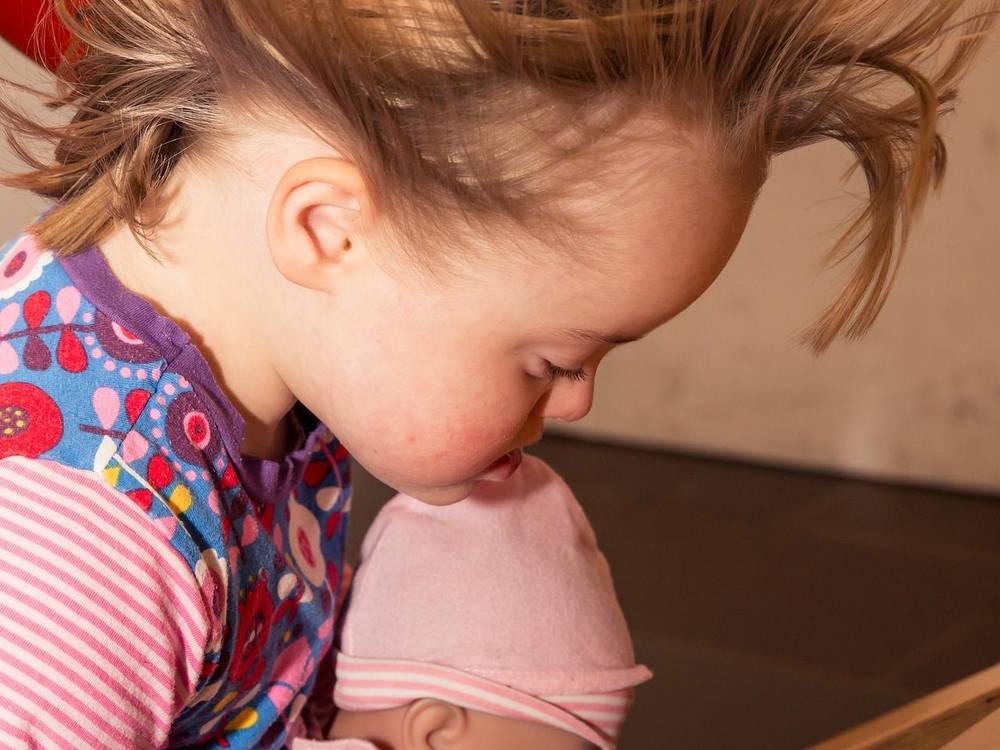The UN General Assembly has declared 21 March World Down Syndrome Day. This year, it is celebrated in the spirit of the slogan Connect.
On this occasion, Ombudsman Peter Svetina stresses the importance of staying connected in these extraordinary times of combating the coronavirus epidemic, which has been ongoing for a year now. "We had to find new and different ways of staying connected, which was a challenge for many people, particularly affecting individuals with Down Syndrome, as even in normal circumstances, living with disabilities constitutes a daily challenge," says Ombudsman Svetina.
The Ombudsman emphasises the importance of an inclusive society, i.e. a society that accepts others equally. This enriches our social environment and relationships with other people and strengthens our society. "Everyone should have equal conditions to satisfy their basic needs and achieve their life goals; however, the Ombudsman unfortunately observes that the rights and fundamental freedoms of children with Down Syndrome and their families are often violated. Among the most frequently violated are the right to optimal education and training, the right to the highest level of health standards and services, and the right to training and employment," says the Ombudsman.
Equal inclusion of people with disabilities is one of the most important democratic factors in establishing democratic principles and social integration. It is therefore all the more important to continuously draw attention to discrimination. "The right of children with Down Syndrome to equal and non-discriminatory treatment is often violated, as in some cases applicable legislation is interpreted in a way that is harmful to them. This discrimination is based on the lack of understanding the challenges these individuals face, which often stems from ignorance, uncertainty and fear of the unknown," says Ombudsman Svetina.
Moreover, the Ombudsman emphasises the importance of deinstitutionalisation, which is a right every person with disabilities has, as we believe that everyone should be able to receive care in their home environment. "The United Nations Convention on the Rights of Persons with Disabilities, which Slovenia adopted 12 years ago, imposes the task of deinstitutionalisation upon member states, thus ensuring, among other things, the right of those people to an independent life in their local community," stresses Ombudsman Svetina. He adds that, in all these years, the state has not yet appointed a supervisory body to carry out the tasks related to the implementation of the convention. "It is high time for Slovenia to establish an independent body for promoting, protecting and monitoring the implementation of the Convention on the Rights of Persons with Disabilities. As the national human rights institution with “A” status accreditation according to the Paris Principles, the Human Rights Ombudsman is prepared to assume this responsibility and mission. Thus, the Human Rights Ombudsman could become an independent supervisory body for continuous objective monitoring of the rights arising from the Convention on the Rights of Persons with Disabilities," says Ombudsman Peter Svetina.

![[Translate to English:] Deklica z downovim sindromom se igra](/fileadmin/_processed_/5/7/csm_OTROK_-_Downov_sindrom_-_girl-5956423_1920_853858bc52.jpg)